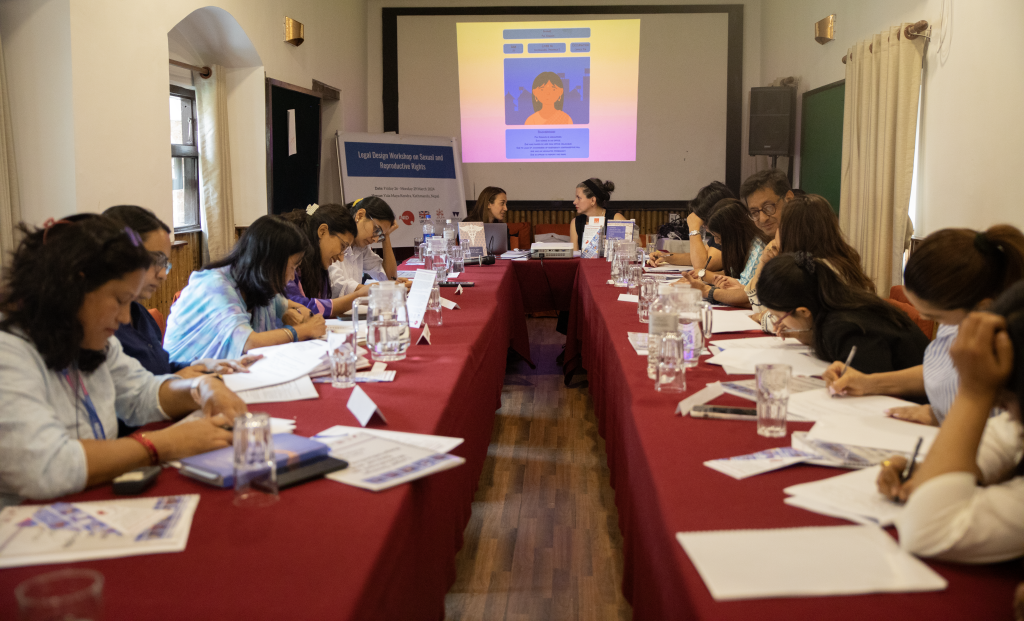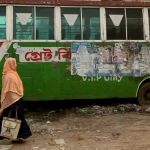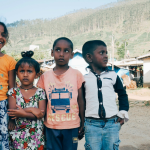In April 2024, iProbono’s team in Nepal hosted a Legal Design Workshop on Sexual and Reproductive Health Rights (SRHRs) in Kathmandu. Over two days, we conducted focus-group discussions with key stakeholders and recorded their inputs and recommendations on our Legal Design Toolkit on SRHR in the country. The workshop was organised in collaboration with our Nepal-based partner Law and Policy Forum for Social Justice (LAPSOJ), as well as the Warwick Law School, The City Law School, University of London, and was supported by A4ID & UKAid.
The workshop continues our commitment to bridging the gap between the justiciable fundamental rights guaranteed to citizens of Nepal by its 2015 Constitution, and their poor implementation on the ground. This is especially true for SRHR, where citizens are often unaware of their constitutional guarantees and rights.
The workshop and Legal Design Toolkit is part of a process that began in 2018, through our engagement with stakeholders in law, healthcare and policy, and civil society organisations from Nepal. The Legal Design Toolkit has been prepared by UK-based experts Dr Mara Malagodi (Warwick Law School), Emily Allbon, and Dr Sabrina Germain (City Law School, University of London), with inputs from iProbono and LAPSOJ, and designed by Nepali artist Kripa Joshi. It uses the tools of legal design to simplify and create awareness about SRHR, specifically the laws relating to abortion, by using comics, personas and illustrations to transform the way people understand legal issues.
Dr Germain, a Reader in Healthcare Law and Policy and the Associate Dean for Equality, Diversity and Inclusion at the City Law School, University of London says, “At the heart of this project lies the potential for legal design to help achieve greater equity in healthcare. We have aimed to meaningfully and purposely incorporate the complex and layered experiences of vulnerable and marginalised groups within Kripa’s powerful illustrations.”

During the workshops, our team and the legal design experts from the UK facilitated discussions to receive feedback on the toolkit from crucial stakeholders. We were joined by nearly 50 attendees including lawyers, law professors, students and representatives from the Nepal Bar Association, civil society organisations, medical practitioners, and the representatives from the National Judicial Academy.
Mariam Faruqi, iProbono’s CEO and Radhika Saxena, Senior Program Manager for South Asia, moderated the sessions. Dr Malagodi and Dr Germain walked the participants through the toolkit’s contents, receiving step-by-step insights. Yamuna Suwal, a government official who participated in the workshop, emphasised the significance of such interactions in sensitising officials to public concerns. “They aid in offering improved services to people who approach various government agencies with similar problems” she said.
iProbono’s Research and Impact Director, Supriya Roychoudhary, designed a detailed feedback form to document the participants’ responses to each section of the toolkit. We collected baseline data to help us assess current attitudes, perceptions and knowledge of abortion rights in Nepal. Feedback forms were designed specifically for each stakeholder group, to get their distinct observations from the ground.
In the coming months, we intend to use this information as the basis of a follow-up data collection process to measure the toolkit’s uptake and usage by stakeholders. The toolkit will be launched online, along with a user manual, in June 2024, followed by a physical launch and exhibition of Kripa Joshi’s artwork in September 2024.







